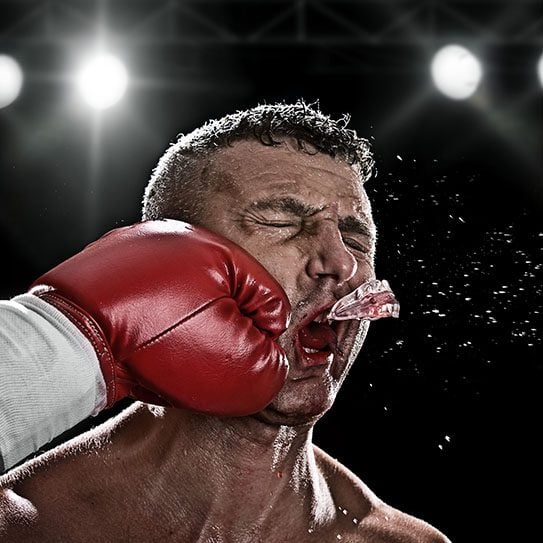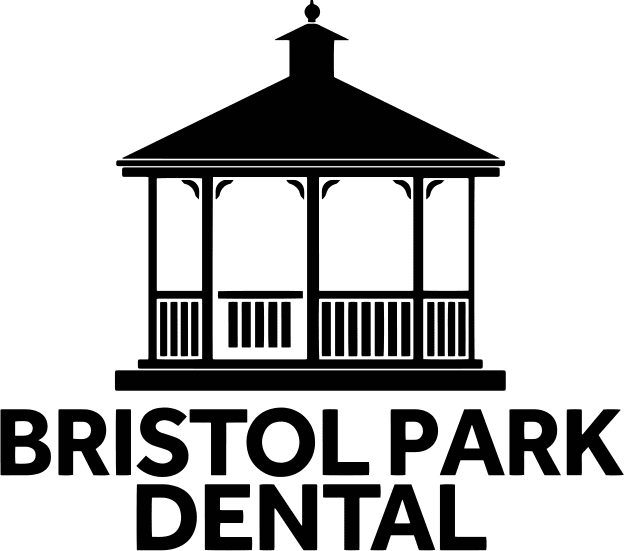
When Accidents Strike, Know How to Protect Your Smile
Traumatic dental injuries can happen in an instant — whether it’s from a fall, a sports-related accident, or an unexpected blow to the face. Regardless of how they occur, these injuries can be painful, stressful, and potentially long-lasting if not treated promptly and properly. At Bristol Park Dental, we want our patients to be prepared and informed. Knowing what to do when dental trauma strikes and understanding your treatment options can make all the difference in saving your smile.
Understanding Traumatic Dental Injuries
Traumatic dental injuries refer to any damage to the teeth, gums, or surrounding structures caused by an external force. These injuries can range from minor chips or cracks to severe tooth displacements, fractures, or even complete tooth loss. Dental trauma is more common in children and athletes but can affect anyone at any age. The most common types of traumatic dental injuries include:
- Chipped or fractured teeth
- Luxated (displaced) teeth
- Avulsed (knocked-out) teeth
- Root fractures
- Tooth intrusion (pushed into the socket)
- Soft tissue injuries (to the lips, tongue, or gums)
No matter the severity, it’s important to seek dental care as soon as possible to minimize long-term damage and maximize the chances of a successful recovery.
Immediate Steps to Take After Dental Trauma
When traumatic dental injuries occur, time is of the essence. Here are immediate steps you should take depending on the type of injury:
- Knocked-Out Tooth (Avulsion): Locate the tooth, handling it only by the crown (not the root). If possible, gently rinse it with water and try to reinsert it into the socket. If that’s not possible, place it in a container of milk or saliva and get to your dentist immediately. The best outcomes occur when the tooth is replaced within 30 minutes.
- Chipped or Broken Tooth: Save any fragments and rinse your mouth with warm water. Apply a cold compress to reduce swelling and pain, and see your dentist as soon as possible.
- Dislodged or Loosened Tooth: If a tooth has been pushed out of position, try to gently reposition it with light pressure. Avoid forcing it, and contact your dentist right away for further care.
- Soft Tissue Injuries: Clean the area gently with water. Apply pressure with gauze if there is bleeding, and use a cold compress for swelling. Seek dental or medical care if bleeding persists or the injury is severe.
Treatment Options for Traumatic Dental Injuries
At Bristol Park Dental, our approach to treating traumatic dental injuries depends on the type and severity of the trauma. We use advanced diagnostic tools and years of experience to develop customized treatment plans for each patient. Some of the most common treatment options include:
- Dental Bonding or Fillings: For minor chips and cracks, dental bonding can restore the shape and function of a damaged tooth. This minimally invasive procedure uses tooth-colored resin for a natural appearance.
- Dental Crowns: More extensive fractures may require crowns to protect the remaining tooth structure and restore proper function and aesthetics.
- Root Canal Therapy: When dental trauma affects the inner pulp of the tooth, a root canal may be necessary to remove infected or damaged tissue and preserve the tooth.
- Tooth Reimplantation and Stabilization: If a tooth is knocked out but viable, we may be able to reimplant it and secure it with a splint. This treatment is most successful when performed quickly after the injury.
- Extraction and Replacement Options: In cases where a tooth cannot be saved, we offer replacement solutions such as dental implants, bridges, or partial dentures to restore your smile and function.
- Orthodontic or Surgical Treatment: For injuries involving tooth intrusion or significant displacement, we may recommend orthodontic repositioning or minor surgical procedures to correct alignment and restore oral health.
Preventing Traumatic Dental Injuries
While accidents can’t always be avoided, there are steps you can take to reduce your risk of dental trauma:
- Wear a Mouthguard: If you or your child participates in contact sports, a custom-fitted mouthguard is essential for protecting teeth from impact.
- Avoid Using Teeth as Tools: Never use your teeth to open packages, bite non-food objects, or crack hard items like nuts or ice.
- Childproof Your Home: For young children, take steps to prevent falls by installing safety gates and keeping sharp objects out of reach.
- Regular Dental Checkups: Routine dental visits help identify potential issues that could make your teeth more vulnerable to trauma, such as existing fractures or weakened enamel.
Get Expert Help When You Need It Most
Traumatic dental injuries are often sudden and alarming, but with quick action and professional care, you can often restore both the function and beauty of your smile. Whether it’s a chipped tooth or a more serious dental trauma, Bristol Park Dental is here to help. Our compassionate team is experienced in managing all types of dental emergencies and will guide you through the healing process with expert care and attention.
If you or a loved one experiences a dental emergency, don’t wait — contact us right away. Our team is ready to provide the treatment and reassurance you need to recover with confidence. Your smile is worth protecting, and we’re here to help every step of the way.

